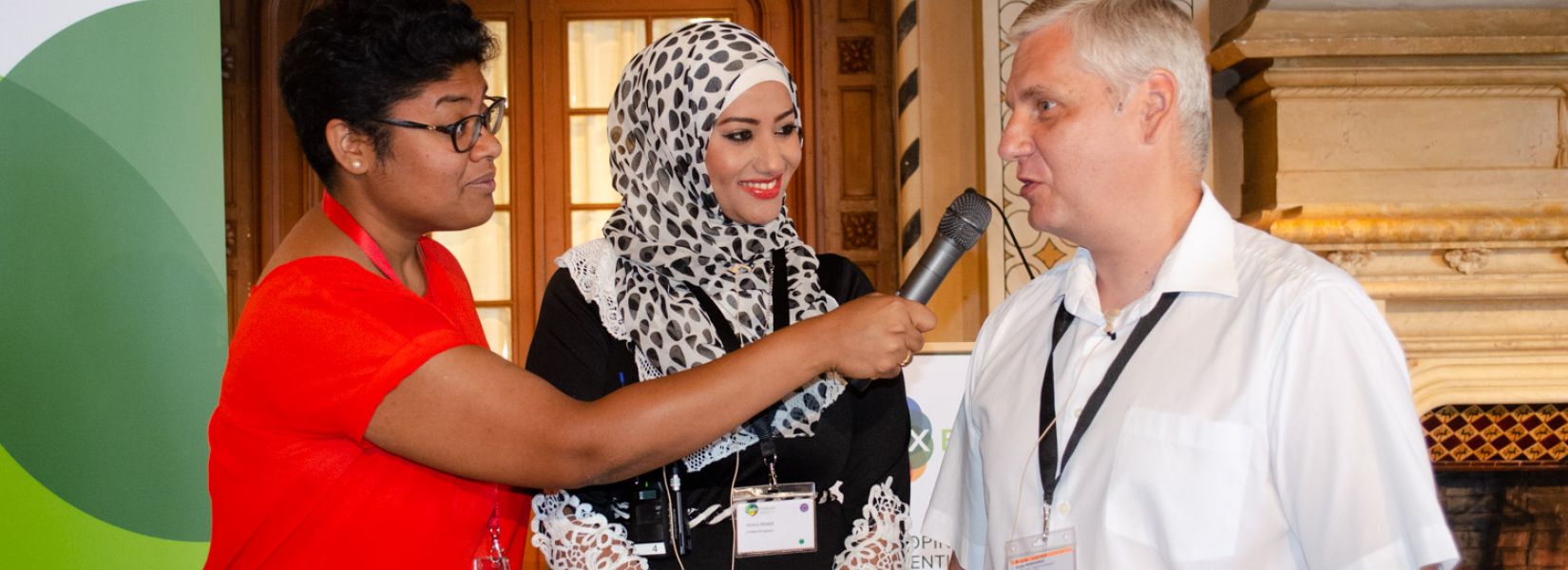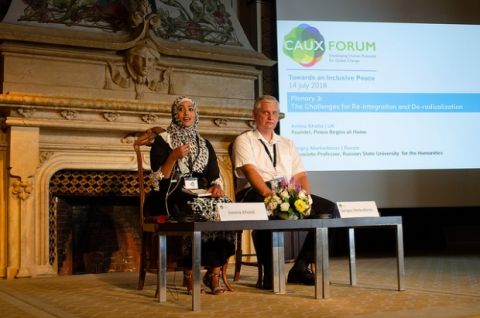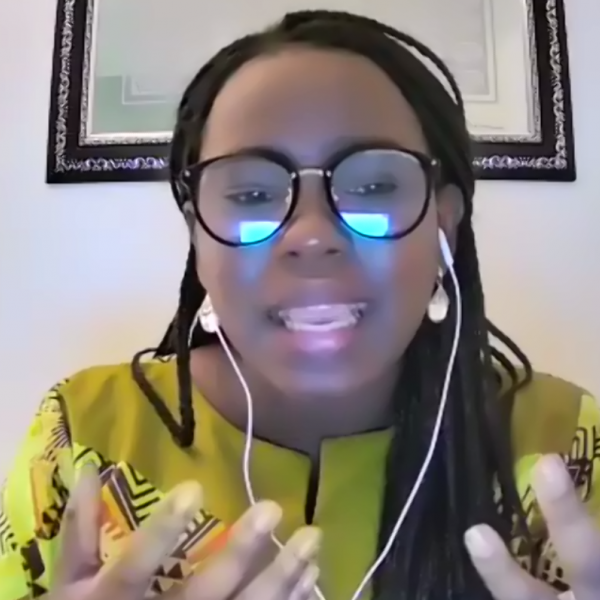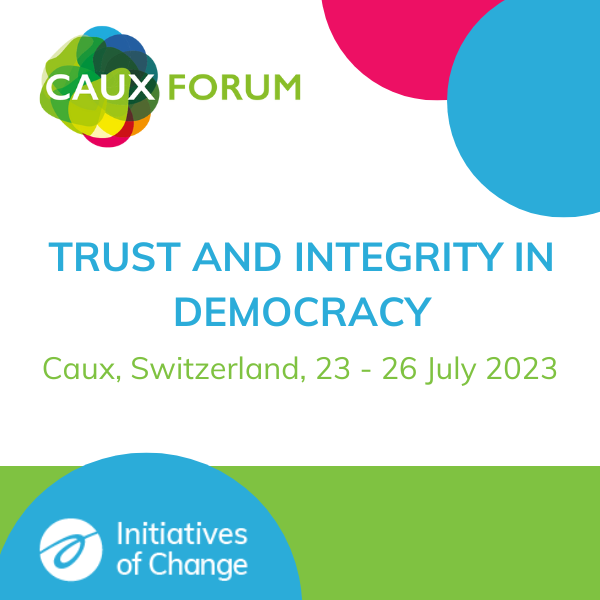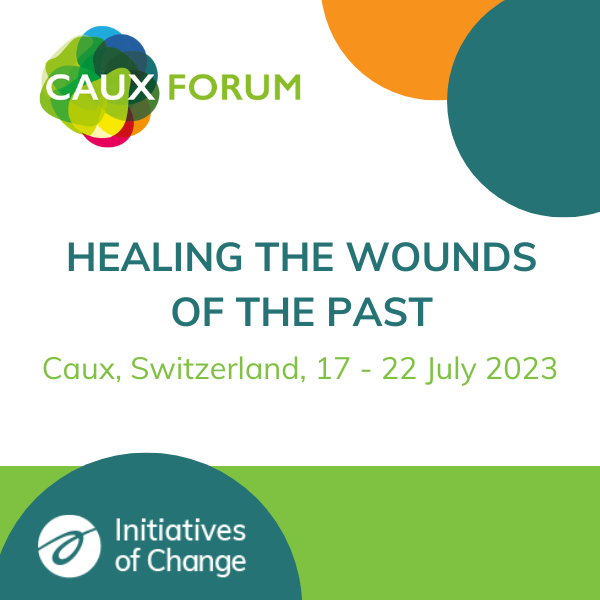“There’s never been a time more crucial than this in working to create a more inclusive society.”
Caux Forum 2018
15/07/2018The last full day of Towards an Inclusive Peace was focused on the challenges of reintegration and deradicalization. Amina Khalid, Head of Programme for Sustainable Communities and founder of Peace Begins at Home, and Sergey Markedonov, Associate Professor at Russian State University for the Humanities, led the discussion.
Sergey Markedonov discussed the challenges in Russia and Chechnya of how to rebuild statehood after the collapse of the USSR and in particular challenges to political and ethnic group identity. As generations change, it’s necessary to understand the perspectives of youth and religious groups. Inter-generational dialogue is key to creating a lasting peace. “I try to explain the experience of my country - it’s my contribution,” says Sergey Markedonov. Understanding the history of one’s country is also key to creating and sustaining a peaceful and inclusive narrative. “Peace is won by teachers of history and other teachers.”
Amina Khalid continued by explaining that “there’s never been a time more crucial than this in working to create a more inclusive society.” Treating political, religious, and other refugees fleeing violence as a problem is a problem in and of itself. She shared her personal story of growing up as a refugee in Somalia and immigrating to the United Kingdom at a young age. “A new and positive narrative is emerging,” she said. By working to develop sustainable communities, we can enable and empower individuals to create positive change. This change happens from the bottom-up, starting at the personal and local level, rather than top-down. Justice starts by building relationships with each other.
In the afternoon, participants went to workshops to learn about gender perspectives in peacebuilding, disrupting dominant narratives of racism, circle processes, presence-in-action, peace circles, peace cafes, and peace education programs. In the peace circle workshop, participants learned how people can be reconciled through restorative circles. Through the power of forgiveness, peace circles can contribute to building a more inclusive and peaceful society. Participants shared personal stories of growth and change as well as things that can disturb peace in peoples’ minds. The workshop was tied to self-care and seeking inner peace, because when one has inner peace one does not feel the need to be violent.
Thanks for reading! Follow along with our discussion on social media with #CauxTIP and #CauxForum.
By Shannon McClain, with assistance from Caux Scholars Program
